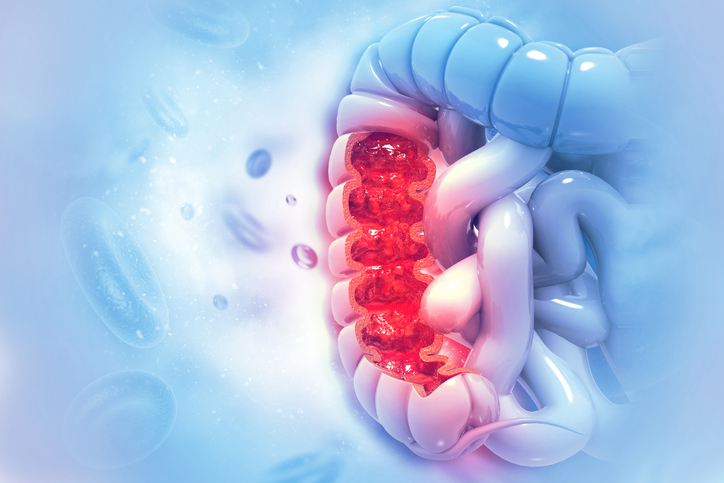
Estonian scientists have moved one step closer to being able to identify colorectal cancer in microbiome samples collected during regular check-ups, according to the results of a new study.
Colorectal cancer (CRC) is one of the leading causes of cancer death and affects millions of people around the globe each year.
“Epidemiological data suggest that the incidence of CRC is expected to increase 60% by 2030 due to population aging and the growing popularity of Western diets and lifestyles,” write the researchers in the Scientific Reports paper describing the research.
Many countries have an established testing system set up to try and detect CRC at an early stage. These vary from country to country, but many look for blood in fecal samples as a first indicator there may be something wrong health wise. Called the fecal immunochemical test (FIT), it does not directly detect CRC, but is used to assess who needs to undergo further screening via colonoscopy.
Although FIT screening has reduced incidence and mortality due to CRC, many such tests have low sensitivity for precancerous or early-stage cancerous lesions and false negatives are not uncommon. Even colonoscopy, considered a ‘gold standard’ test, can miss more than 20% of colorectal adenomas.
There is increasing evidence that the gut microbiome contributes to CRC development. “Cross-sectional multipopulation studies in humans in which the CRC microbiome and cancer stage-specific microbial signatures have been detected in the stool samples of CRC patients have shown significant associations between the gut microbiota and CRC,” write the authors.
“It has been suggested that complementing fecal occult blood tests with gut microbiota analysis could improve the detection of CRC relative to the use of the fecal occult blood test alone.”
As FIT already uses fecal samples, it would make sense to carry out microbiome sampling from the same sample collected for FIT testing. Kertu Liis Krigul, a graduate student at the University of Tartu, and colleagues carried out a study to assess if this could provide accurate microbiome profile results with a view to including this test in standard sampling as a new CRC indicator.
Krigul and colleagues tested stool samples from 30 volunteers, which had either been collected using FIT test kits or fresh-frozen (controls). Overall, 214 samples were profiled using 16S rRNA gene sequencing.
The team found that variation between different individuals was significantly greater than any differences that were introduced due to the collection technique, validating the theory that microbiome testing could also be carried out on samples collected during FIT screening programs. They also showed that the samples remain stable for up to 7 days.
“The detection of colorectal cancer with additional microbiome-based biomarkers could potentially make colorectal cancer diagnostics more sensitive and cost-efficient,” said Krigul in a press statement.
While the findings of this study are encouraging, they are just the first step towards introducing this kind of microbiome testing into the CRC diagnostics process. “The actual ability to detect cancer-specific bacterial signatures with this collection method needs to be confirmed in the future based on specific phenotypes, such as FIT positivity in patients with and without CRC, among other diseases that were included at this stage of our study,” conclude the authors.













